The Ebola Crisis: In Photos
Ebola is devastating lives across eastern Democratic Republic of Congo, where some 2,500 people have now been infected with the virus, in the second-largest outbreak in history. Hundreds of children have died and many more have been affected.
Earlier this month, the World Health Organization (WHO) declared the ongoing Ebola outbreak a public health emergency of international concern. In other words, it means the crisis is recognized as an ‘extraordinary’ situation and there is potential that the world is at risk. In this outbreak, Ebola is killing around 70% of people who catch it. Much higher than in the infamous West Africa outbreak of 2014 and 2015.
One year since the start of the outbreak was declared, these portraits tell the stories of loss and sadness, but also the resilience and strength of those trying to contain the deadly outbreak.
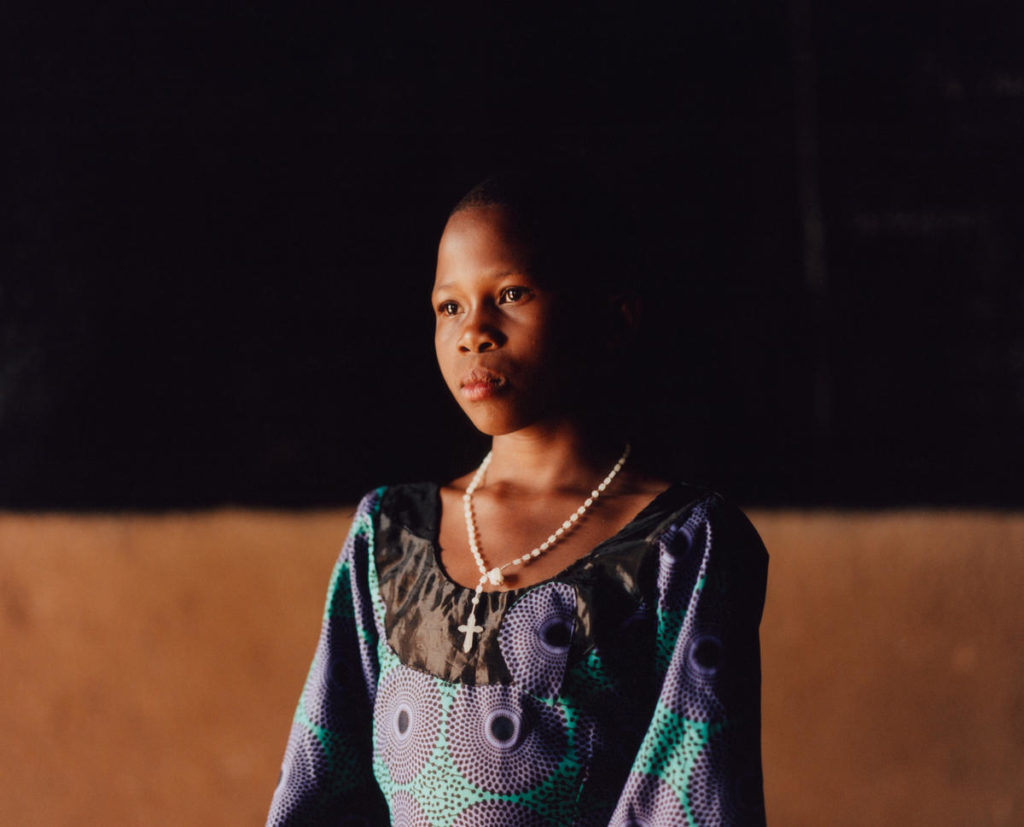
Kavira*, 11, describes losing her friend’s mother to Ebola, which led to exclusion because her classmates were scared she may also be infected.
“When we heard the mother died, I felt a lot of pain, also because we could not go to the funeral,” Kavira said. “It really hurt when I saw my friend crying, I wanted to go and console her. I told others not to be afraid of my friend since it is not her who is sick – it was her mother who died. My friend is no longer in school though, as people are afraid of her.”
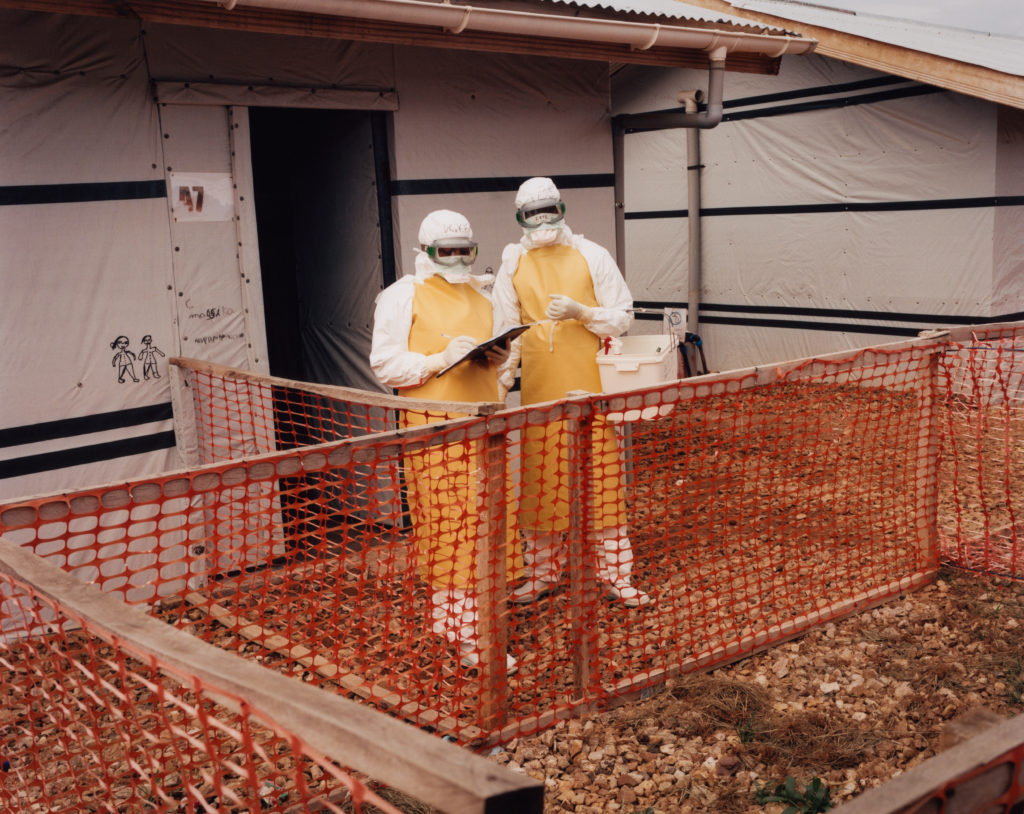
Within days of the outbreak being declared in August 2018, Save the Children was on the ground. So far, we have trained more than 1,200 health workers and almost 1,000 community leaders, and have reached more than 1 million people with awareness-raising and behaviour and social understanding work, to prevent the disease to spread further.
Health workers face an almost impossible task trying to contain the virus, due to mistrust in the communities and constant violence in the region. Every day they risk their lives travelling into militia held areas to tend to the sick and raise awareness of how people can keep themselves safe from the disease.
There have been almost 200 attacks on health workers and health facilities this year. Children have said they initially thought Ebola was spread by health workers carrying out vaccinations. But the disease spreads when people with symptoms and those they’ve been in contact with are too afraid or suspicious to go to health clinics, so dispelling the myths and hostility is crucial.
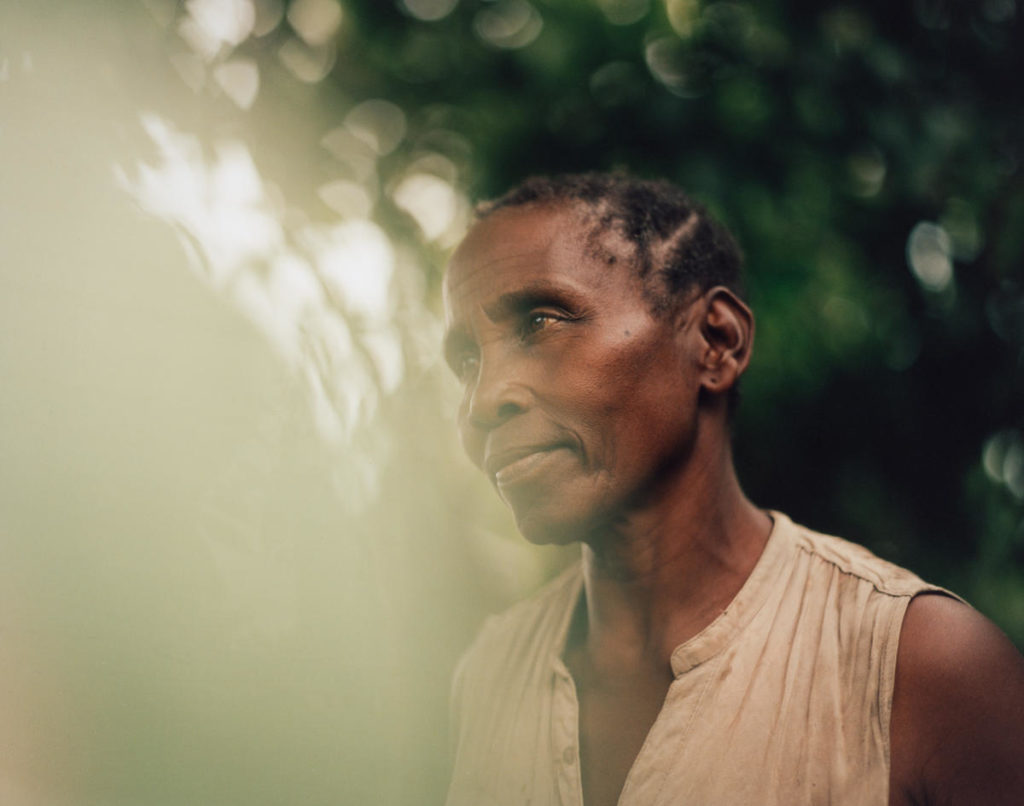
One of the people photographed, Charlotte*, 62, lost her daughter and grandson to Ebola.
“It all started when my daughter came to my house feeling sick. We went to the hospital where we were told it was Ebola. The next day my child died, it was on a Thursday. My daughter was a young lady, she had three children,” Charlotte* explains. “I lost my grandson and his mother, in the space of two weeks. The mother died two weeks after the son was buried.”
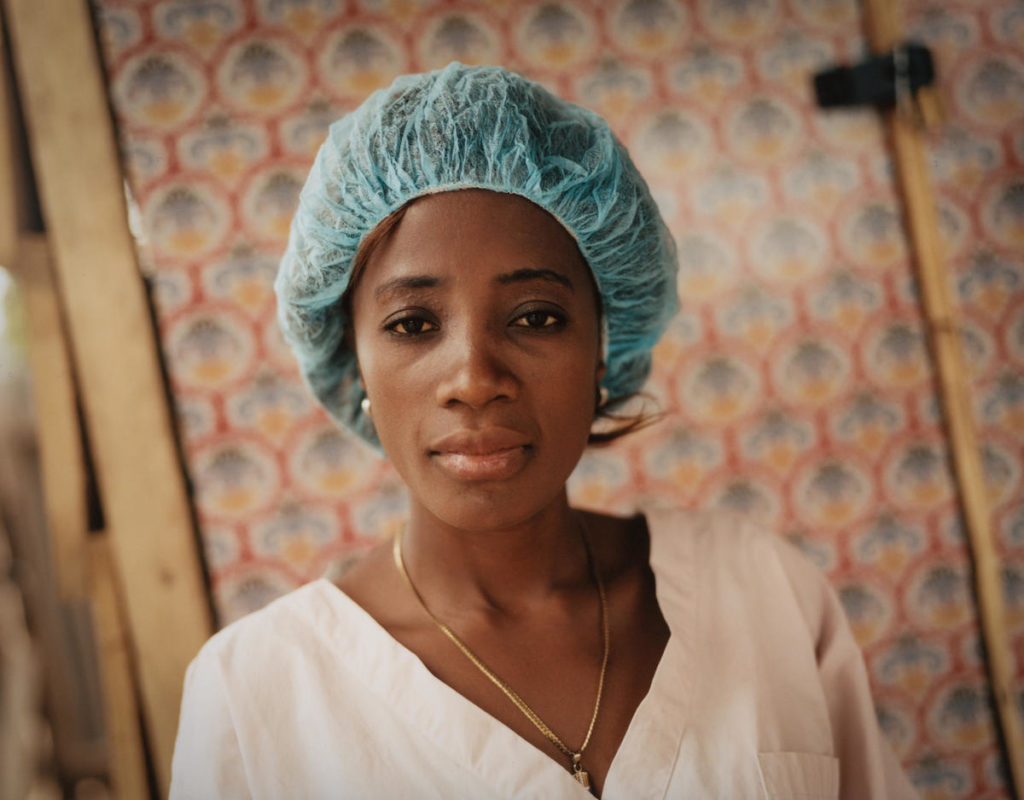
Marie Anne works as a hygienist in a clinic supported by Save the Children in Beni, where she is in charge of the Triage and isolation unit. She was trained on how to raise an alert when there is a suspected Ebola-case.
“I receive patients, check their temperature and sort out cases of diseases to make sure there are no signs of Ebola. The virus causes symptoms such as diarrhoea, vomiting, high temperature (fever), headache, loss of appetite, there are around ten signs in total,” Marie Anne explains.
“I was trained to do this work and Save the Children has helped us a lot. They constructed this wonderful triage centre here. Last week, a woman came in vomiting blood with her child who had diarrhoea. We sent her to the Ebola Treatment Centre but happily, the lab results came back negative.
“I would like to tell people to be careful – Ebola is around, so they should respect hygiene instructions such as washing hands.”
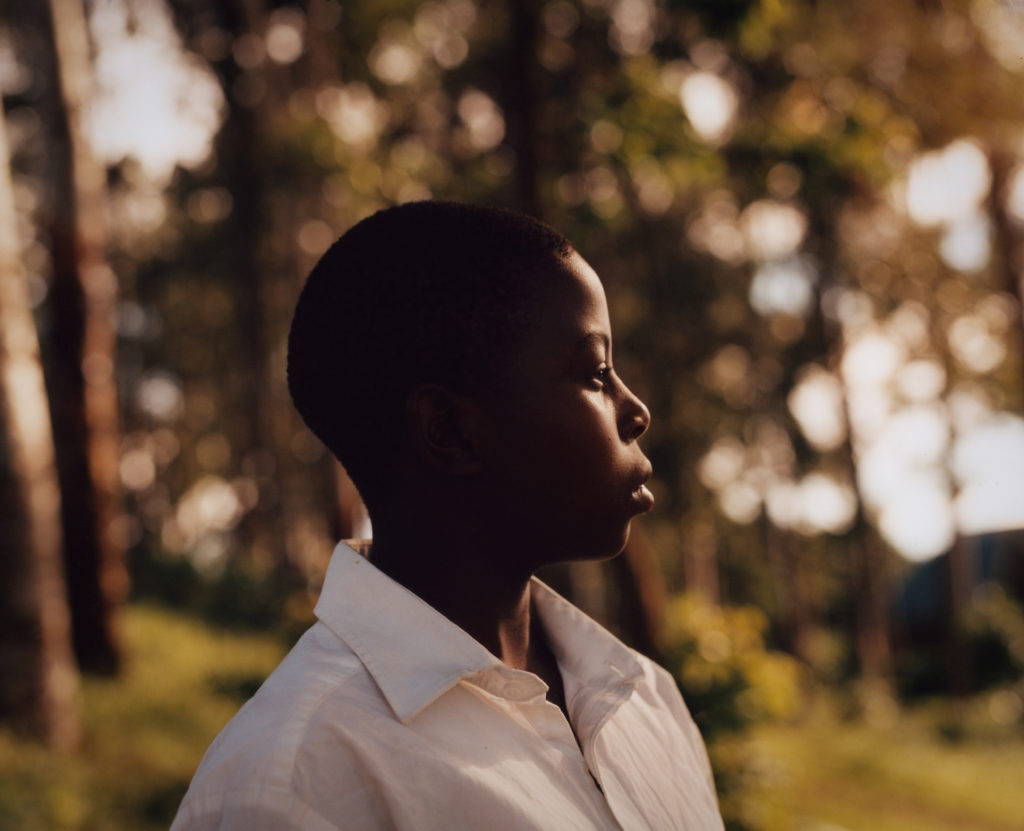
Kambale * had a neighbour who died of Ebola:
“He came from Mangina and had fled, as he refused to go to the hospital. But when he got very sick, nurses came to pick him up. When he got to the hospital, it was already too late. It is said that of the people who go to the hospital too late, more than 90% die. And, he [did] die. Before he came to the neighbourhood, we did not know about Ebola.”
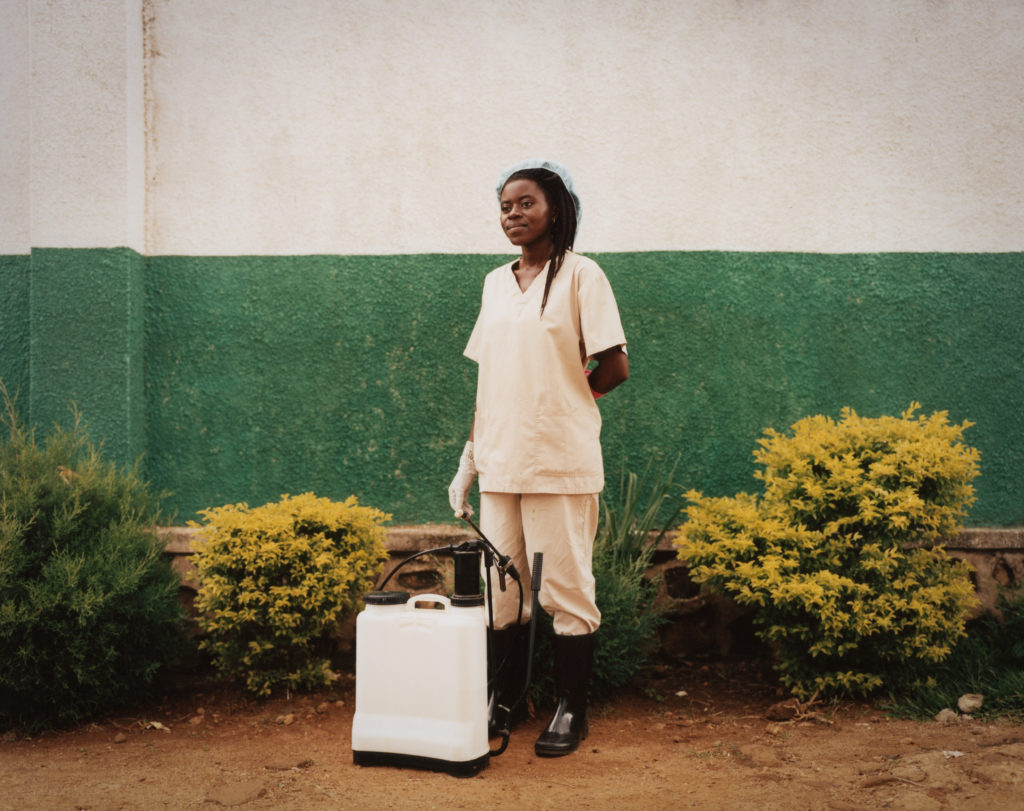
Nicole, a health worker at Lasaje hospital, a site receiving support from Save the Children to tackle the ongoing Ebola outbreak in Beni Territory, North Kivu, DR Congo.
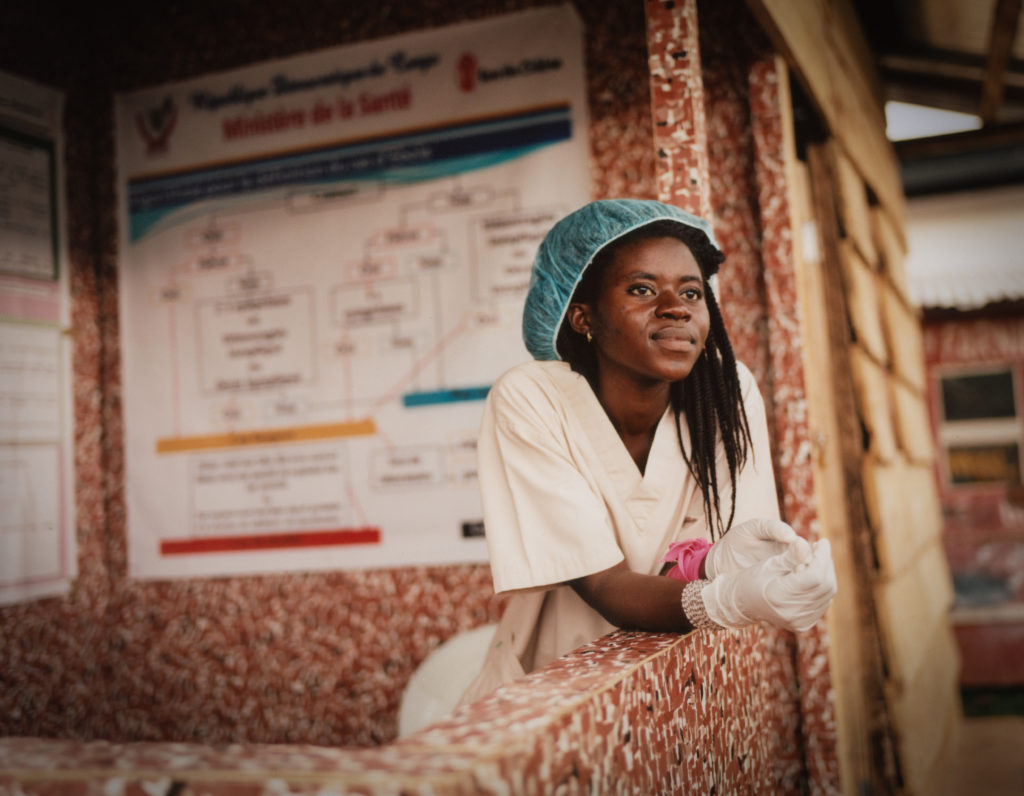
Nicole explained: “I’m in charge of receiving patients, guiding them to the hand-washing point, taking their temperature and filling in the forms with the patients. If their temperature is normal, I send the patient to the consulting room to receive medical treatment. If their temperature is high, I isolate the patient, I alert the investigation team and they take the patient to Ebola Treatment Centre.”
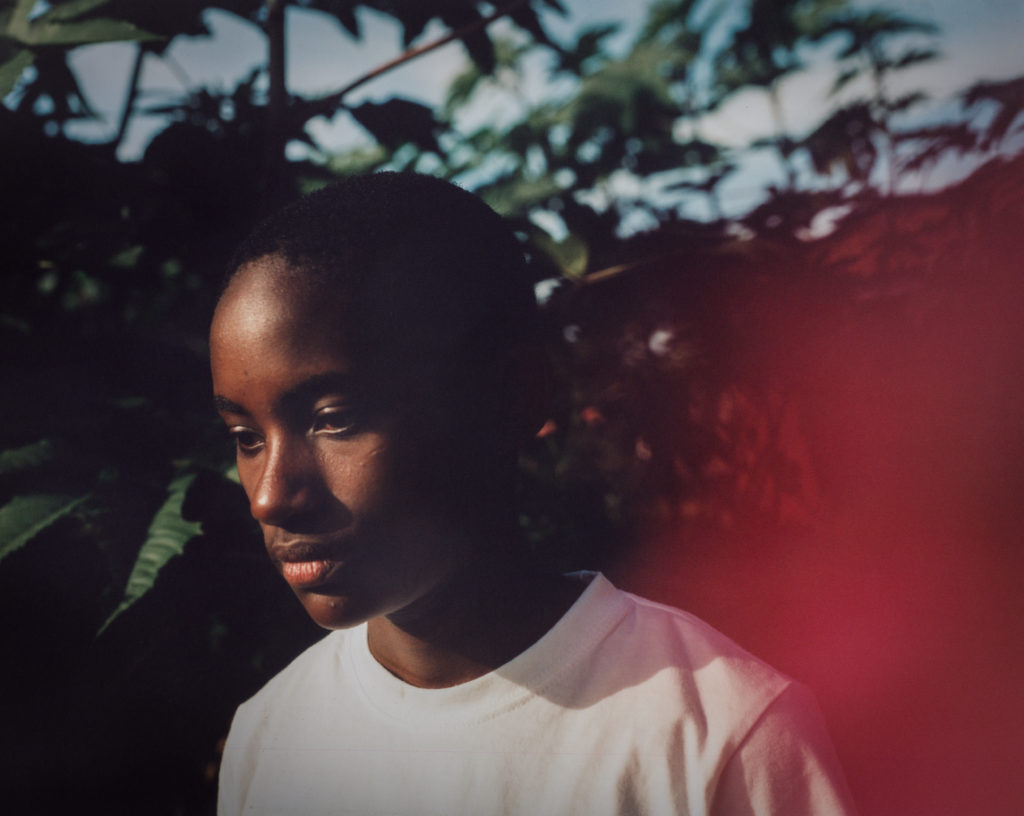
Sikuli’s* brother was sick but he has since recovered and is now working to fight Ebola:
“My brother works at the ETC now. When a new case surfaces, he will go and pick up the patient to take them to the hospital. We were afraid of Ebola, but now we have been vaccinated. Even my parents, who also live here, are no longer afraid. We know how to avoid getting Ebola, by washing hands and not touching each other. And when there is a case you need to take them to the hospital.”


